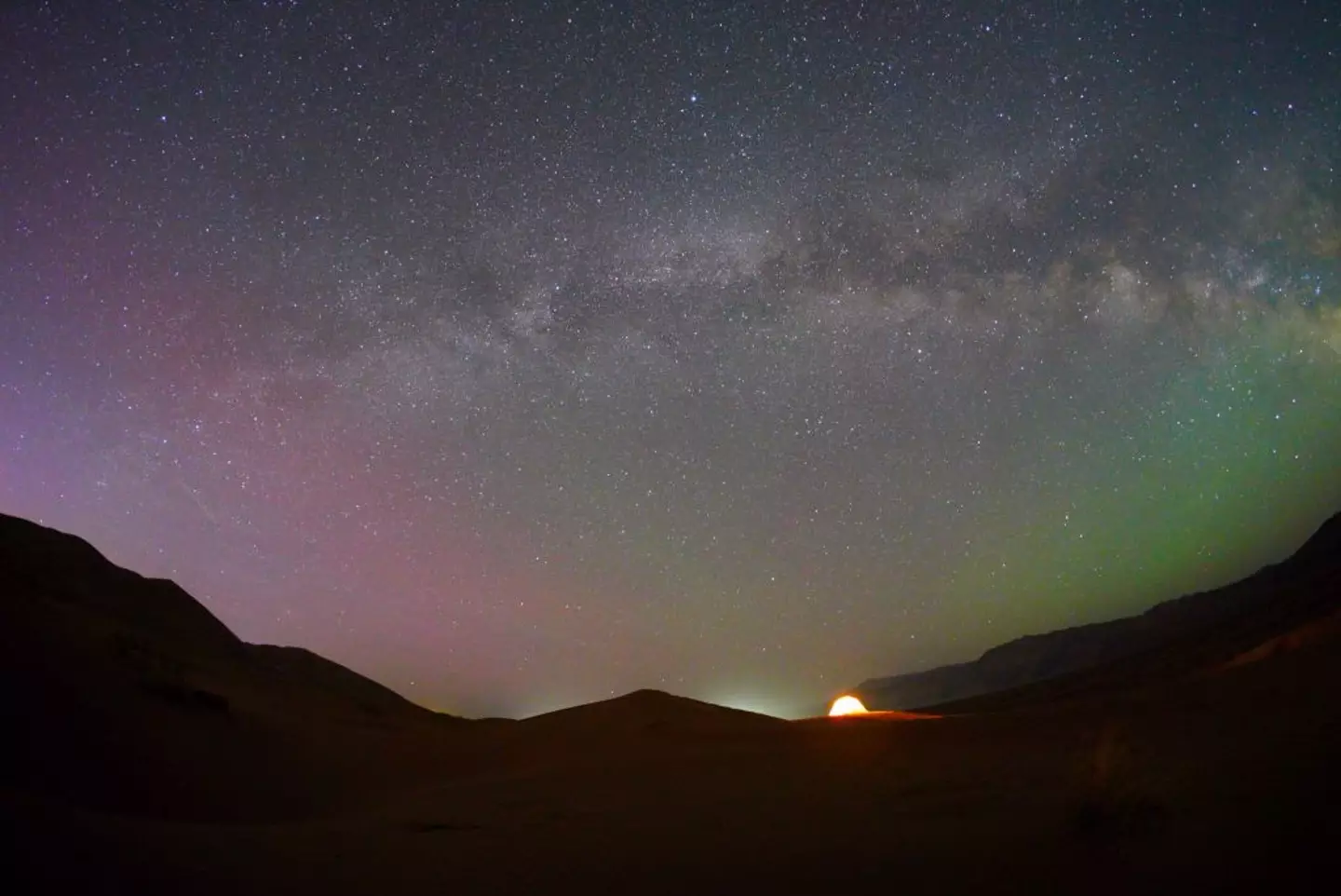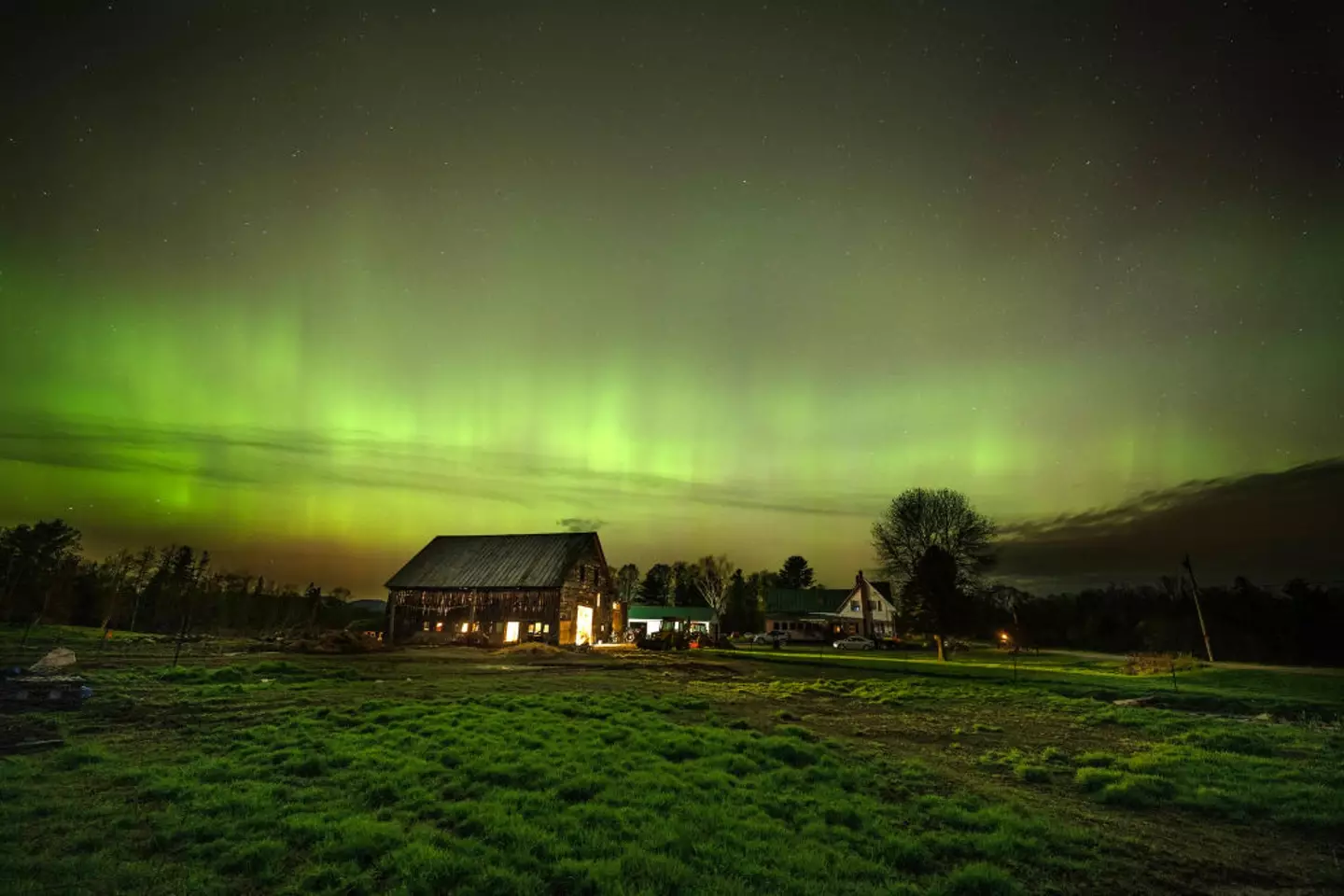
In case you were living under a rock this weekend, you would have heard about the incredible displays of Northern Lights.
These magnificent light shows were spotted worldwide, with sightings in Germany, Switzerland, the UK, the US and Canada.
It was all because of a powerful geomagnetic solar storm, where 'coronal mass ejections' - clouds of ejected solar plasma - slammed into the Earth's magnetic field and outer atmosphere.

Advert
It's all part of solar activity increasing, as the Sun reaches the exciting peak of its 11-year cycle.
Over the weekend, your Instagram feed was likely full of incredible snaps of the aurora all over the world - but what if you weren't lucky enough to see it?
Some people just couldn't get a glimpse of the Northern Lights, despite their best efforts.
If that sounds like you, it could be down to a few reasons.
The more light pollution around you, the less likely you would've been to see the aurora lighting up the sky - as it just wouldn't have been dark enough.
It was also dependent on cloud cover - if your area was experiencing thundery showers, perhaps that blocked your view too.
Or maybe you made the mistake of looking with the naked eye. According to Marco Petagna, a meteorologist at the Met Office, you were much more likely to get a good view of the lights through a phone camera or other camera lens - rather than looking up at the sky yourself.

The storm was categorized as G5 - the strongest level of solar storm - and was caused by a sunspot cluster that's 17 times the diameter of the Earth, according to the US National Oceanic and Atmospheric Administration (NOAA).
The last time a storm with a G5 rating hit Earth was in October 2003, causing power outages in Sweden.
This time round, there doesn't seem to have been that much disruption - but SpaceX's Starlink satellite internet service said on its website over the weekend that service had been degraded and its team was investigating.
The company's CEO, Elon Musk, wrote on X that its satellites were “under a lot of pressure, but holding up so far".
Every 11 years, the Sun’s poles reverse, causing bursts of solar activity resulting in Northern Lights. According to scientists, the next solar maximum is likely to occur at the end of this year.